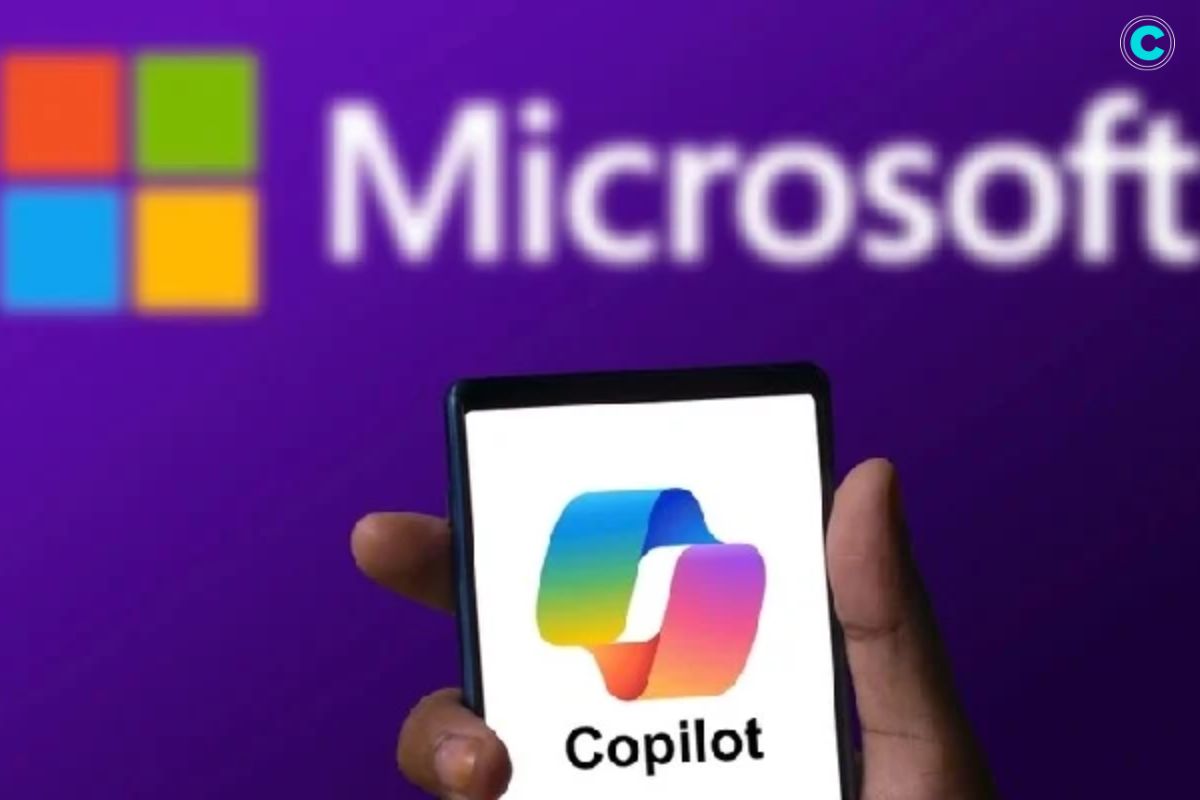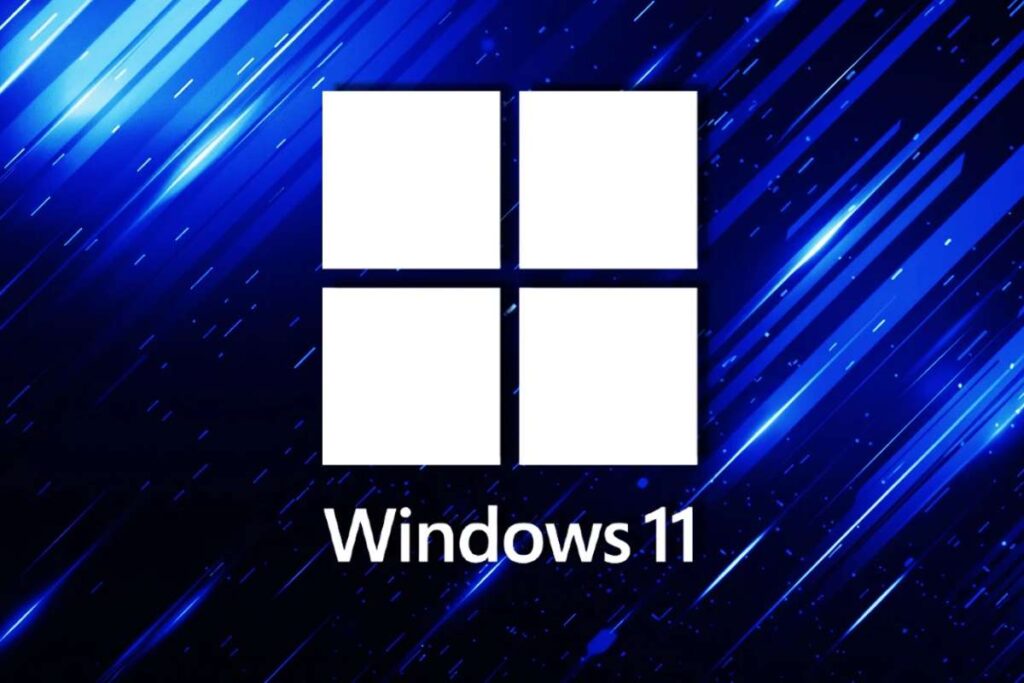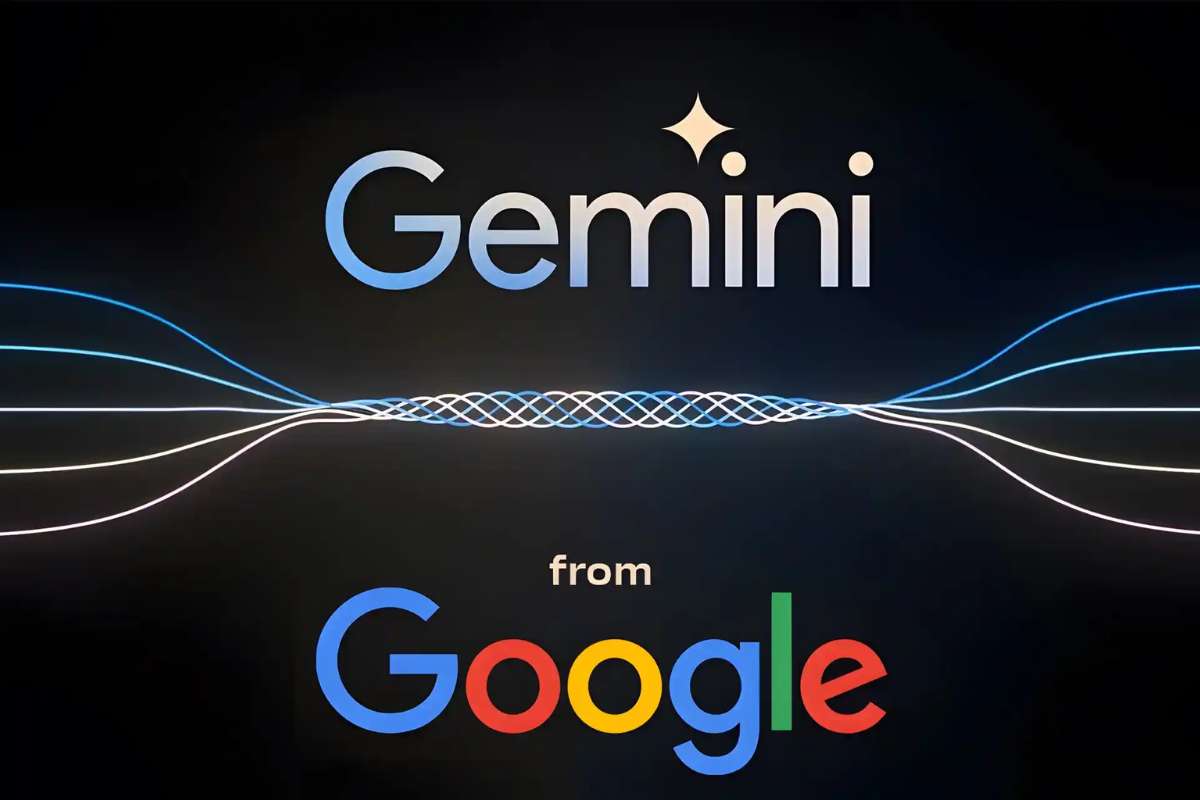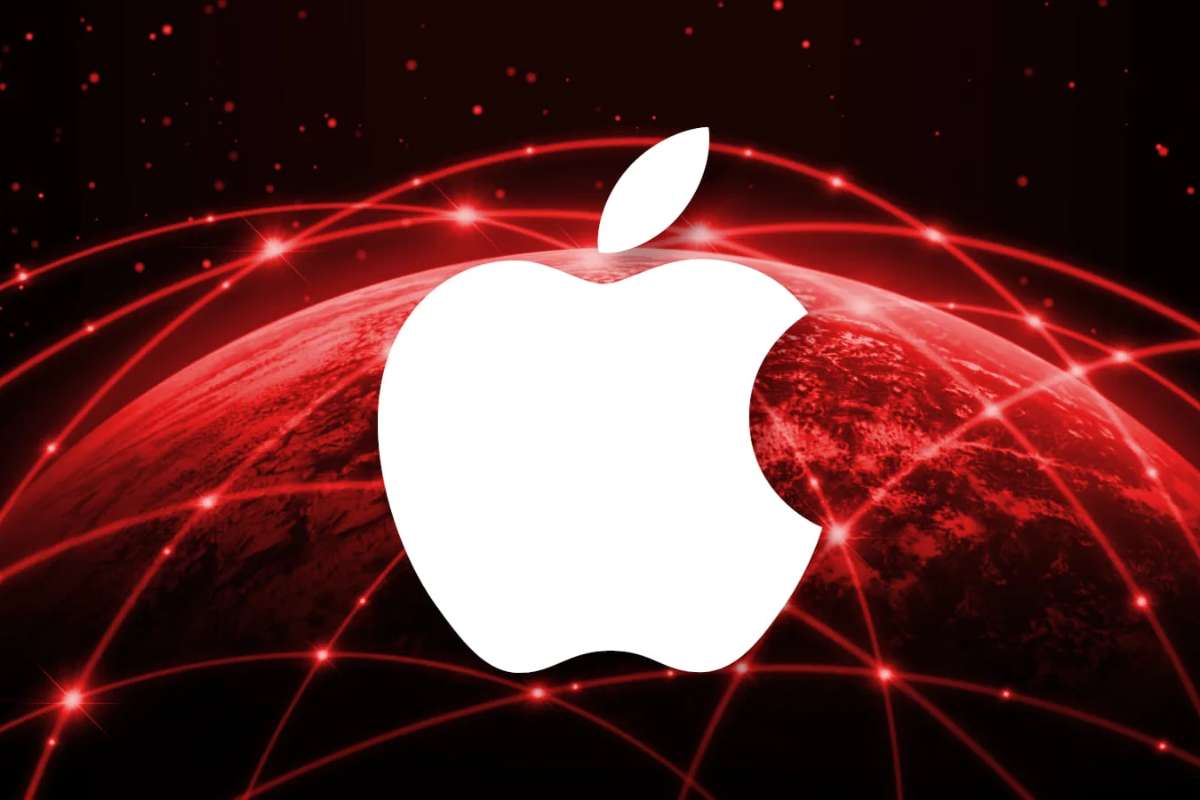(Source-Daily-Jang)
Introduction and Backlash
Microsoft announced on Friday a significant change to its upcoming Recall feature, responding to widespread criticism over privacy and security concerns. The Recall feature, set to debut on Copilot+ PCs later this month, was designed as an AI-powered tool to create a visual timeline by taking screenshots every five seconds of what users see on their screens. This data is then analyzed to extract relevant information, serving as a digital memory aid.
However, upon its unveiling, Recall Feature faced swift backlash from the cybersecurity and privacy communities. Critics argued that the feature could potentially expose sensitive information, such as documents and private messages, to malicious actors. WIRED’s Andy Greenberg described Recall as “unrequested, pre-installed spyware,” highlighting concerns over its intrusive nature and the lack of robust safeguards to protect user data.
Microsoft’s Response and Revised Features
In response to the outcry, Microsoft announced that Recall feature will no longer be enabled by default. Instead, users will have to opt in to use the feature, addressing one of the primary concerns regarding user consent. The company emphasized that user control and privacy are paramount, stating that Recall data will be encrypted and stored locally on the device. This means the snapshots will only be accessible after user authentication, ensuring additional layers of security through Windows Hello biometric scanning.
Pavan Davuluri, Microsoft’s corporate vice president for Windows + Devices, highlighted the security updates implemented in response to feedback. These updates include encrypting the search index database and integrating enhanced sign-in security measures. Davuluri reassured users that Recall snapshots will not be shared with other companies or applications, and users will have full control to pause, filter, or delete saved snapshots at any time.
Future Outlook and Security Commitments
The decision to make Recall Feature an opt-in feature marks a pivotal shift for Microsoft amid ongoing security challenges. The company has faced previous security breaches orchestrated by state-sponsored actors, prompting a renewed commitment to prioritize security through initiatives like the Secure Future Initiative (SFI). Microsoft CEO Satya Nadella recently underscored this commitment in a company-wide memo, emphasizing that security will take precedence over other priorities, such as feature releases.
Security researcher Kevin Beaumont, who had criticized Recall’s initial implementation, cautiously welcomed Microsoft’s decision but called for continued vigilance. He stressed the importance of transparency and user choice to mitigate potential security risks in the future.
Microsoft’s reversal on Recall reflects a broader industry trend towards enhancing user privacy protections. As technology evolves, companies are increasingly under scrutiny to balance innovation with safeguarding user data. With Recall feature now requiring user consent and bolstered security measures, Microsoft aims to regain trust and demonstrate its commitment to protecting user privacy in an ever-connected digital landscape.






